What is NIFTY Auto Index? Key Players and Sector Overview
- by B2B Desk 2024-08-05 10:50:21
In the ever-evolving world of financial markets, the NIFTY Auto index stands out as a crucial barometer for the Indian automotive sector. As a collection of major players in the automobile industry, this index is instrumental in capturing the sector's trends and reflecting overall market sentiment.
For investors aiming to navigate opportunities within the automotive industry, grasping the details of the NIFTY Auto index is key. This guide will delve into the index’s composition, historical performance, and the various factors driving its fluctuations. We’ll also explore its broader impact on the financial landscape. Additionally, we'll provide a comprehensive list of the companies included in the NIFTY Auto index, giving you a clear view of the sector’s key players.
What is Nifty Auto?
Nifty Auto is a specialized index created to monitor the performance of publicly traded automobile companies on the National Stock Exchange (NSE) of India. It acts as a comprehensive gauge, reflecting the overall trends and health of the Indian automotive industry. By tracking this index, investors and analysts gain valuable insights into the sector's dynamics and performance.
Nifty Auto’s Impact on the Indian Automotive Sector
Nifty Auto plays a crucial role in the Indian automotive industry by serving as a key benchmark for evaluating the sector. It provides a comprehensive view of how major automobile companies are performing, their growth prospects, and the overall market sentiment. For investors, analysts, and industry professionals, Nifty Auto is an essential tool for understanding the collective performance of leading automotive firms and gauging the sector’s broader trends.
Evolution of the NIFTY Auto Index
The NIFTY Auto Index, introduced by the National Stock Exchange of India (NSE) on April 15, 2005, represents a diverse array of 15 top automobile companies in India. This index provides a snapshot of the Indian automotive sector’s performance and has experienced various ups and downs over the years.
Initially, the index saw a rise, driven by increasing domestic demand. However, it faced a setback during the 2008 global financial crisis, which caused a significant dip. In recent years, the index has encountered new challenges, including fluctuating commodity prices, intense competition, and the impact of the COVID-19 pandemic. The pandemic, in particular, led to a sharp decline, with the index reaching a low of 1,835.05 in March 2020.
Despite these hurdles, the Indian automotive sector is on a path of substantial growth. Factors such as rising incomes, urbanization, and an increasing demand for mobility are driving this progress. Additionally, government initiatives like the Production-Linked Incentive (PLI) scheme are providing further support. Overall, while the NIFTY Auto Index has weathered various economic cycles and market conditions since its launch, the Indian automotive industry continues to advance, overcoming challenges and thriving in a dynamic environment.
How the Nifty Auto Index is Calculated
The Nifty Auto Index is calculated using a weighted average of the stock prices of the companies it includes. Each company's weight in the index reflects its market capitalization, meaning that larger companies have a greater impact on the index's performance. The index uses the free-float market capitalization method, which takes into account only the shares available for trading, excluding those held by insiders or major stakeholders. This approach ensures that the index accurately represents the market value and trading activity of its constituent companies.
Breakdown of the Nifty Auto Index
The Nifty Auto Index comprises a diverse set of 15 companies representing different facets of the automotive sector. This includes makers of two-wheelers, four-wheelers, commercial vehicles, auto parts, and more. The index features prominent and influential firms that significantly impact the Indian automotive industry. Below, we will explore the list of stocks included in the Nifty Auto Index along with their respective weightages.
Criteria for Including Stocks in the NIFTY Auto Index
To be included in the NIFTY Auto Index, stocks must meet several specific criteria:
Listing Requirements: The stock must be listed on the National Stock Exchange (NSE).
Index Inclusion: It should be part of the NIFTY 500 index. If there are fewer than 10 eligible stocks, the remaining positions are filled from the top 800 stocks based on their average daily turnover and full market capitalization over the past six months.
Sector Classification: The stock must belong to the Automobiles sector.
Trading Frequency: The stock needs to have been traded at least 90% of the time over the last six months.
Listing History: The stock should have a minimum listing history of six months. However, a newly listed IPO can be included if it meets the eligibility criteria for three months.
Weightage Limits: During rebalancing, no single stock can exceed a 33% weight in the index, and the top three stocks collectively cannot surpass 62% of the total index weight.
Overview of Stocks in the Nifty Auto Index
Here’s a comprehensive look at the companies included in the Nifty Auto Index, showcasing their distinct roles in the Indian automotive industry:
Bajaj Auto Ltd
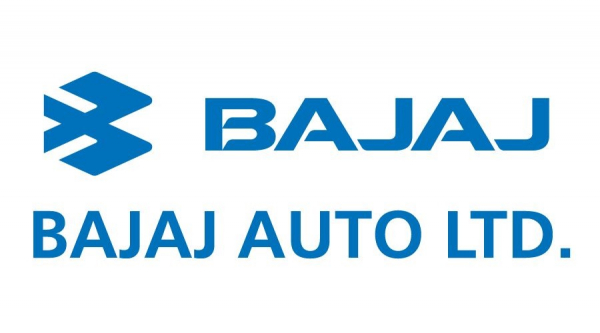
Headquartered in Pune, Bajaj Auto is a leading manufacturer of two-wheelers and three-wheelers, known for its popular ‘Pulsar’ motorcycle series. It consistently ranks among the top auto manufacturers in India in terms of production volume.
Bharat Forge Ltd
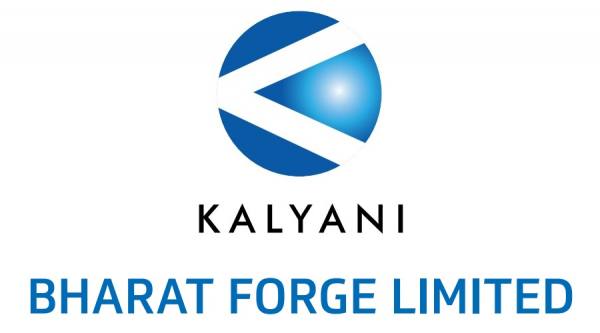
Since 1961, Bharat Forge has been a major player in forging and manufacturing auto components. It excels in tool and die manufacturing, design engineering, and product development, with a strong presence as an exporter of diverse auto parts.
Bosch Ltd

Bosch is a global leader in automotive technology and components, operating across 13 subsidiary entities. It provides a wide range of advanced automotive parts and systems, known for its innovation and quality.
Eicher Motors Ltd
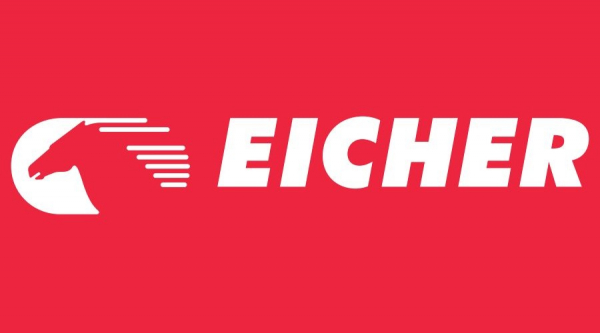
Eicher Motors is prominent in both the commercial vehicles and motorcycle sectors. Its ‘Royal Enfield’ motorcycles are well-regarded, while its commercial vehicle segment operates under the ‘Eicher Motors’ brand.
Exide Industries Ltd
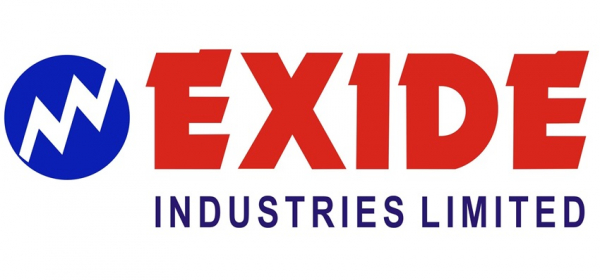
Exide Industries specializes in lead-acid batteries for automotive and industrial applications, with a diverse product range spanning from 2.5 Ah to 20,600 Ah. It is a leading battery manufacturer in India.
Hero MotoCorp Ltd
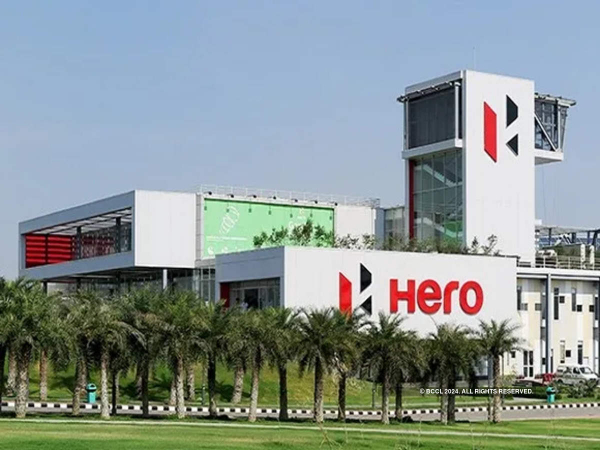
As the world’s largest two-wheeler manufacturer, Hero MotoCorp holds a significant market share in India. Its ‘Splendor’ series is especially popular among consumers, contributing to its dominant position in the market.
Mahindra & Mahindra Ltd
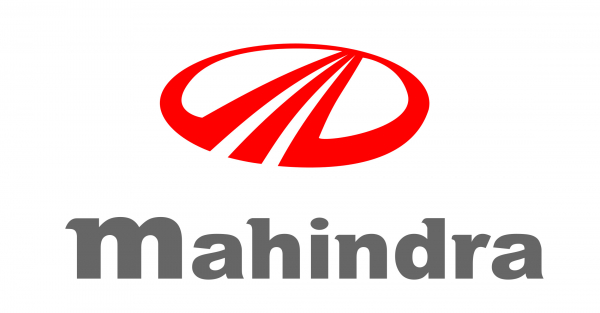
An Indian multinational conglomerate, Mahindra & Mahindra manufactures a broad range of vehicles, including SUVs, passenger cars, trucks, buses, and electric vehicles. It is also known for its diverse product offerings in the automotive sector.
Maruti Suzuki Ltd
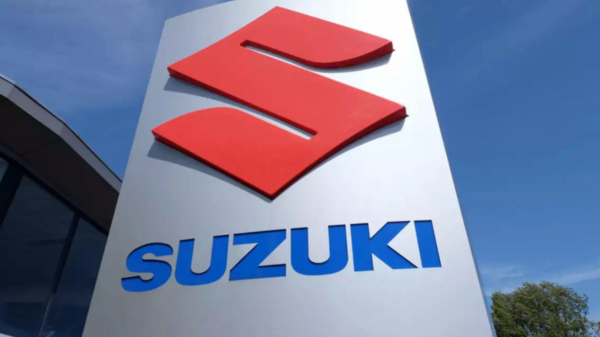
Maruti Suzuki leads the Indian passenger car market with its economical and fuel-efficient models like the Alto and Swift. The company is renowned for its extensive service network and strong market presence.
MRF Ltd

India’s foremost tire manufacturer, MRF produces a wide array of tires for two-wheelers, four-wheelers, and off-the-road (OTR) vehicles. It is recognized for its high-quality tire products across various segments.
Motherson Sumi Wiring India Ltd

A joint venture between Samvardhana Motherson International and Sumitomo Wiring Systems, Motherson Sumi specializes in automotive components such as wiring harnesses and rear-view mirrors, making it a key player in the automotive parts industry.
TVS Motor Company Ltd

Based in Chennai, TVS Motor is the third-largest two-wheeler manufacturer in India. It is known for its scooters, motorcycles, mopeds, and electric vehicles, with popular models including the Scooty Pep and Apache series.
Tata Motors Ltd
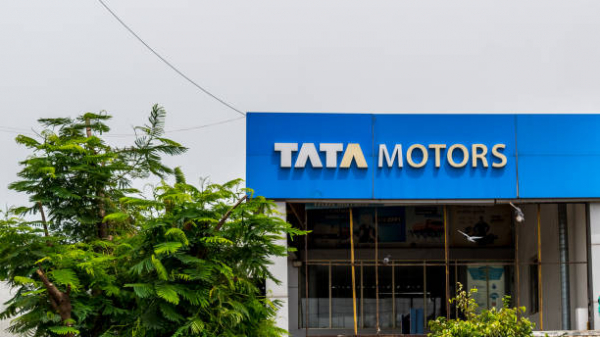
Part of the renowned Tata Group, Tata Motors produces a wide variety of vehicles, from passenger cars and trucks to buses, luxury cars, and military equipment. Additionally, the company oversees the Jaguar Land Rover (JLR) brand, enhancing its global footprint with these prestigious vehicle lines.
Amara Raja Batteries Ltd

Amara Raja Batteries, headquartered in India, is a leading manufacturer of VRLA batteries used in both automotive and industrial applications. Known for its ‘Amaron’ brand, the company supplies batteries to major Indian automakers like Maruti Suzuki, Hyundai, and Tata Motors, establishing itself as a key player in the industry.
Ashok Leyland Ltd

Founded in 1948, Ashok Leyland is a leading manufacturer of light commercial vehicles, trucks, buses, and specialized defense vehicles. It is known for its extensive range of commercial and defense vehicles.
Balkrishna Industries Ltd

Established in 1987, Balkrishna Industries specializes in off-road tires for heavy-duty commercial vehicles used in mining, agriculture, and earthmoving, making it a significant player in the tire sector.
How to Invest in Nifty Auto Index Stocks
Investing in Nifty Auto Index stocks can be a rewarding strategy if approached with care. Here’s a streamlined guide to help you get started:
Choose Between Index Funds or Individual Stocks
Decide whether you want to invest in the entire Nifty Auto Index through index funds or focus on individual stocks. Index funds offer diversification and spread your risk, while individual stocks give you more control and the potential for higher returns if you choose wisely.
Open a Brokerage Account
To start investing, you’ll need a brokerage account. Select a reputable brokerage platform that matches your investment goals and preferences.
Conduct Research and Analysis
Thoroughly research the Nifty Auto Index and its constituent stocks. Analyze market trends, historical performance, and factors that impact the automotive industry to make informed decisions.
Stay Informed
Keep up with industry news, economic developments, and updates on the companies within the index. The automotive sector is constantly evolving, and staying updated is essential for making sound investment choices.
Assess Risk
Recognize the risks involved with each stock in the Nifty Auto Index. Gauge your own risk tolerance and think about diversifying your investments to better handle potential losses. This approach helps ensure that you're prepared for fluctuations and can maintain a balanced portfolio.
Adopt a Long-Term Perspective
Invest with a long-term view, as the automotive sector may experience short-term fluctuations. A patient approach can help you navigate market volatility and achieve better results over time.
Advantages of Investing in the Nifty Auto Index
Investing in the Nifty Auto Index provides several key benefits:
Exposure to a Growing Sector
By investing in the Nifty Auto Index, you gain access to India’s rapidly expanding automotive industry. This sector is fueled by increasing consumer demand, technological advancements, and urbanization, offering substantial growth opportunities.
Diversification Within the Sector
The Nifty Auto Index includes a diverse range of companies across various segments of the automotive industry, such as manufacturers and auto parts suppliers. This diversification helps mitigate risk, as the poor performance of one company has a reduced impact on your overall investment.
Potential for Long-Term Growth
The automotive industry is integral to economic progress. As the economy evolves, the sector benefits from rising disposable incomes and urban development. Investing in the Nifty Auto Index positions you to capitalize on this long-term growth potential.
Enhanced Market Insights
Investing in the Nifty Auto Index provides valuable insights into the broader automotive market. It serves as a benchmark for understanding sector trends, market sentiment, and the performance of key industry players, aiding in more informed investment decisions.
Bottom Line
Investing in the Nifty Auto Index offers a strategic way to tap into the growth of India’s dynamic automotive sector. By providing diversified exposure to key players in the industry, the index balances risk while showcasing the sector's potential. Whether you choose to invest through index funds or individual stocks, staying informed, assessing risks, and adopting a long-term perspective can enhance your investment outcomes. As the automotive industry continues to evolve, the Nifty Auto Index stands as a valuable benchmark for investors looking to benefit from this thriving sector.
FAQs
Q. What is the NIFTY Auto index?
A. The NIFTY Auto Index is created to highlight the actions and results of the stock market's automotive market. There are 15 exchange-listed, marketable firms that make up the NIFTY Auto Index.
Q. How to buy NIFTY auto index?
A. You can buy Nifty Auto shares through a brokerage firm.
Q. How many stocks are listed in NIFTY Auto?
A. The NIFTY Auto index reflects the performance and behaviour of the automobiles sector companies which includes manufacturers of cars & motorcycles, heavy vehicles, auto ancillaries, tyres etc. The NIFTY Auto stock list has 15 stocks and the base date of index is 1st January 2004.
Q. How is NIFTY auto calculated?
A. Nifty Auto is calculated using the free-float market capitalization method, where the market value of a company's stock is adjusted for the number of shares available for trading. This method offers an accurate representation of the market's performance in the automotive sector.
Also Read: Best Cement Stocks to Consider for Your Investment Strategy
POPULAR POSTS
Rupee Forecast 2025: Key Drivers Behind INR Weakness Against the US Dollar
by Shan, 2025-08-11 07:32:23
August 2025 IPO Preview: Big Listings from JSW Cement, NSDL, Knowledge Realty & SME Stars
by Shan, 2025-07-30 11:51:27
Ola Electric Q1 Results FY26: Revenue Falls 61%, Net Loss at ₹870 Cr - MoveOS 5 in FocusOla
by Shan, 2025-07-14 12:22:55
HAL, BEL & Data Patterns: 3 Defence Stocks Riding India's ₹50,000 Cr Export Ambition
by Shan, 2025-06-26 10:00:16
India GDP Forecast 2025-26 Raised to 6.5% by S&P: Key Drivers & Global Risks Explained
by Shan, 2025-06-26 10:30:46
Dalal Street Outlook: 5 Key Market Triggers to Watch This Week
by Shan, 2025-06-16 12:32:04
What is the Bond Market & How Does It Impact Your Investments?
by B2B Desk, 2025-02-05 09:42:55
RECENTLY PUBLISHED

Loan EMIs to Drop as RBI Slashes Repo Rate - Full MPC December 2025 Highlights
- by Shan, 2025-12-05 11:49:44

Pine Labs IPO 2025: Listing Date, Grey Market Premium, and Expert Outlook
- by Shan, 2025-11-05 09:57:07

The Agentic Revolution: Why Salesforce Is Betting Its Future on AI Agents
- by Shan, 2025-11-05 10:29:23

Top 10 Insurance Companies in India 2026: Life, Health, and General Insurance Leaders Explained
- by Shan, 2025-10-30 10:06:42

OpenAI Offers ChatGPT Go Free in India: What’s Behind This Big AI Giveaway?
- by Shan, 2025-10-28 12:19:11

Best Silver Investment Platforms for 2025: From CFDs to Digital Vaults Explained
- by Shan, 2025-10-23 12:22:46




 Subscribe now
Subscribe now 